Was bewegt Darko Velazquez
Preisträger der Stiftung Ulla und Eberhard Jung 2013
Im Sommer traf ich den Videokünstler Darko Velazquez auf einen Kaffee und selbstgemachte orientalische Muffins in seinem Atelier – seinem zu Hause in Weimar – um über seine Kunst zu sprechen.
»Diving in a dream« (2012) ist für die Sammlung des Neuen Museums Weimar, dank der Förderung der Stiftung Ulla und Eberhard Jung, angekauft worden. Ein Film voll »Dichte und Poesie, der ohne großen Aufwand Licht in unseren gewohnten Alltag bringt«.
Darko, what is your artwork about?
The common thread in my artworks is the concept of displacement. Displacement can have different meanings depending on the context. Something or someone can be displaced when physically repositioned from its starting place.
In my case, I am displaced from the meaning of language, society and culture since I have relocated from another country. This artwork talks about a continuous search for a dream within this displacement.
You started with photography, right?
Actually, I started with drawing and painting. When I was studying in Granada I began working with analog and digital photography. I still work with photography to an extent, but right now I concentrate on the moving image.
When did you come up with the idea for »Diving in a dream«?
It started as a Hausaufgabe [tr., assignment] to complete within the span of one week’s time. At the Bauhaus-Universität we were dealing with the concept of »Ze(h)n Striche«, which means ten lines, but if you take the ‘h’ out, the word changes to »Zen,« like meditation.
I associated this with my dreams in some way. When we dream, we can reach the point where we are able to solve problems from normal, everyday life. When you’re awake, you’re not able to see the solution that’s in front of you. You just can’t see it. Sometimes you dream about it and you see it from a distorted perspective, in a different context, with different voices, with different persons. You get to this point that defines what you’re looking for. You find it in your dreams.

Diving in a dream, videostill © Darko Velazquez
I got to this point and I applied it to these ten lines, these ten moments in light. It’s actually a real dream that I’ve been having for years. In my dream I always wake up in the same place where I went to sleep, but there’s something wrong with the entire ambience – it seems quite real, but it’s not.
There are no noises; the lights are not working. Even though everything is in its place and appears to be normal, I feel there is something amiss. This makes me get up and look closer. What it is that I am looking for remains unclear, but I keep on looking the entire time. In this sense, it is a metaphor for my own life, a continuous search. This is the nucleus of the whole concept of the final work.
Your work has been called intimate and autobiographical. Has it always been this way?
Since I started to work in Weimar, yes. For example, »Diving in a dream« is coming out of a real dream translated into a reflection about life that is represented by all these moments of illumination; those moments when you get a message or a sign that tells you that if you are on the right track or not. In other moments I am trying to explore where to go, what to do, why or why not something should be; all this time before making a decision is in total darkness.
I am talking about my inner thoughts and projecting them to the outside. Just working through my vision of the world, my opinion, my thoughts projected into something that helps me to figure out how to deal with it itself. In some way, I act as a translator.
Professor Hinterberger of the Bauhaus-Universität Weimar proposed your work for prize consideration with this summation: »die Dichte und Poesie dieses Filmes (bringt) ohne großen Aufwand Licht in unseren gewohnten Alltag.« [tr., »The density and poetry of this film effortlessly brings light into our familiar, everyday life.«] What do you think about that?
I strive to make each of my artworks create a connection that can work for different kinds of minds, so different people can all take something away from it. There must be a commonality or universal view that makes the artwork reachable for different kinds of people. You can get what you want to get. Does this make sense?
How do you feel about »Diving in a dream« now?
I still think that it remains, up to now, my most authentic artwork, the most honest, and that which made me realize the path I have to take. The feedback about this work was the very first message I got that I was doing it right, that I should keep on trying. So, I think the most important part about winning this prize was the self-realization and the positive reinforcement of »Yes, I am safe here.«
What is coming next?
I am now working on my diploma thesis. It is a reflection on my connection to this place that I now call home, even if it is not my »Heimat«. It is the culmination of my thoughts about living in transit, life as a journey. How differently do I behave and function when I am in my ›original‹ home or when I am here?
I am still trying to find a conclusion that tells me what exactly brought me here, and where am I going next. Why did I come back to Weimar? What did I find here? What is different between my connections with people here and my connection with people there? What is lost in translation?
I feel I am not the same person when I speak English that I am when I speak German or Spanish. Certain things can have slightly different meanings, different nuances. For me the only way to deal with these universal questions, the question that I guess everyone must ask themselves, is to just jump headfirst and work with them.
Darko is a pseudonym. Your birth name is Jesús…
People started calling me Darko when I was young, when I was doing drawings, graffiti and tags. I guess it just came to me because I am kind of a dark person. Even my mom used to tell me that I am a dark person.
She didn’t mean this in a bad way, but that I should maybe not take everything so seriously. Sometimes every little thing I do, every decision I take, in every situation, requires far too much thinking. I give too much thought about what is good, what is bad, what is worth doing, what is not worth doing, how my decisions from today will change my life tomorrow.
I think too much about other people’s behavior as well, sometimes giving this more importance than is necessary. There are too many different trains of though running in my brain all the time, analyzing everything, even though no one outside would ever notice it. I think this is the kind of darkness that my mom meant.
What is your motto?
Everything’s going to be fine.

Selbst gemachte Muffins von Linda, Darkos Freundin, Foto: Caroline Deich
Darko Velazquez (bürgerlich Jesús Velázquez Rodríguez) wurde 1989 in Cádiz/Spanien geboren. Nach seinem Bachelor-Studium der Freien Kunst an der Universidad de Granada ab 2008 hat er sich 2013 dazu entschlossen, sein Diplom in Freier Kunst an der Bauhaus-Universität Weimar abzulegen. Hier hatte er bereits 2011/12 ein Erasmus-Studienjahr verbracht. 2012 erhielt er den GRAFE-Kreativpreis. Er war bisher an Ausstellungen in Berlin, Granada, Rijeka und Weimar beteiligt.

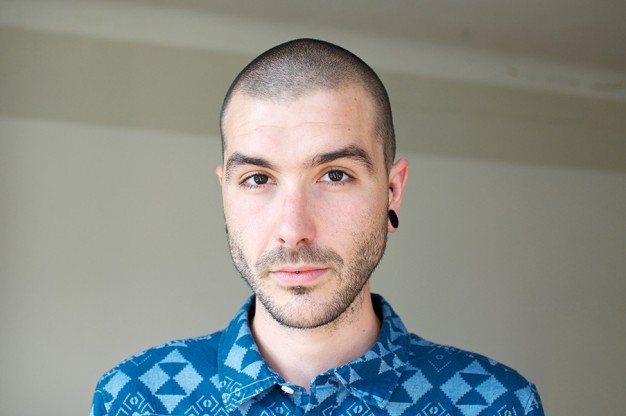
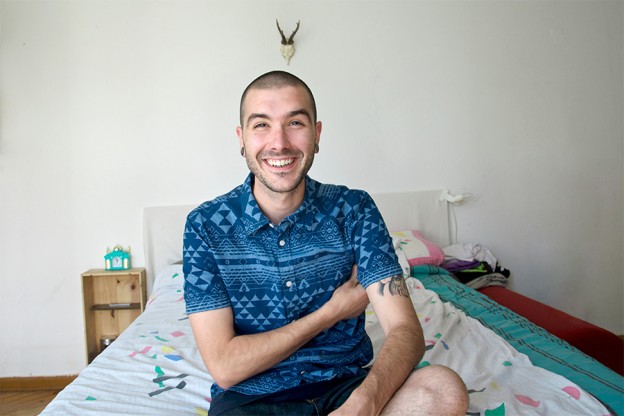
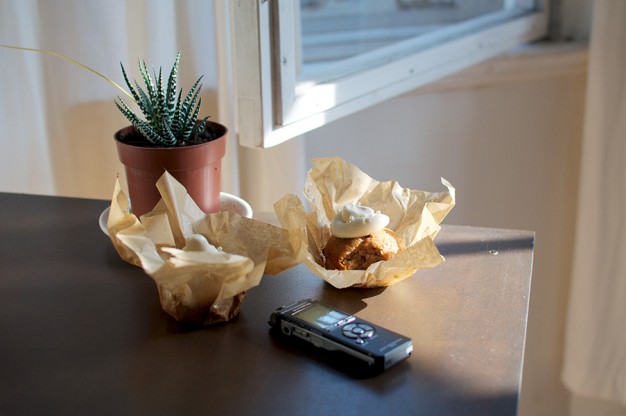
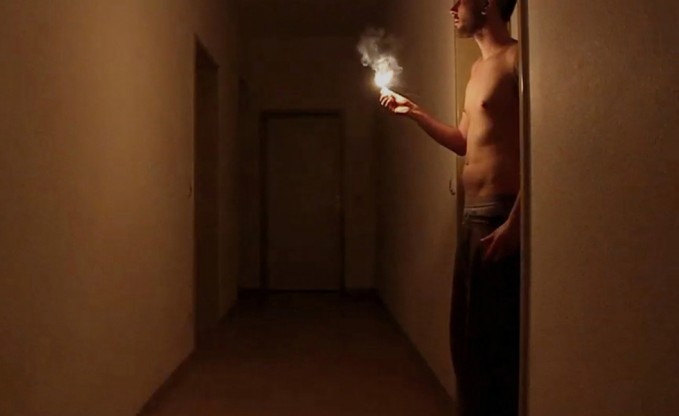
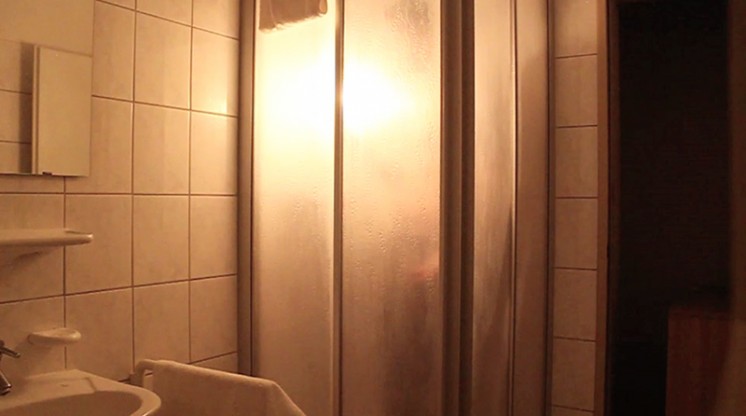
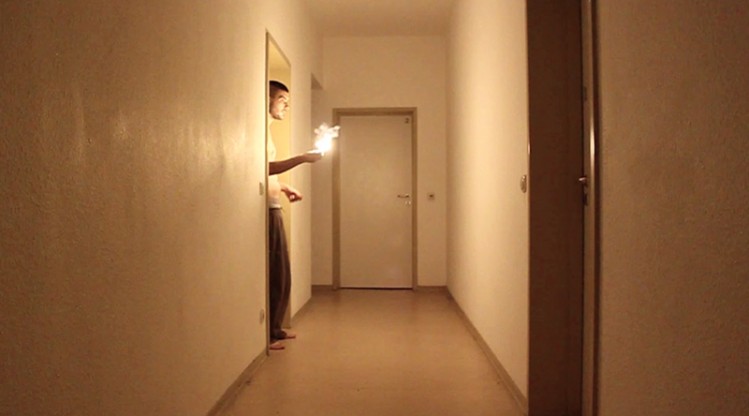

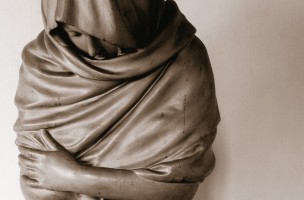



Great !